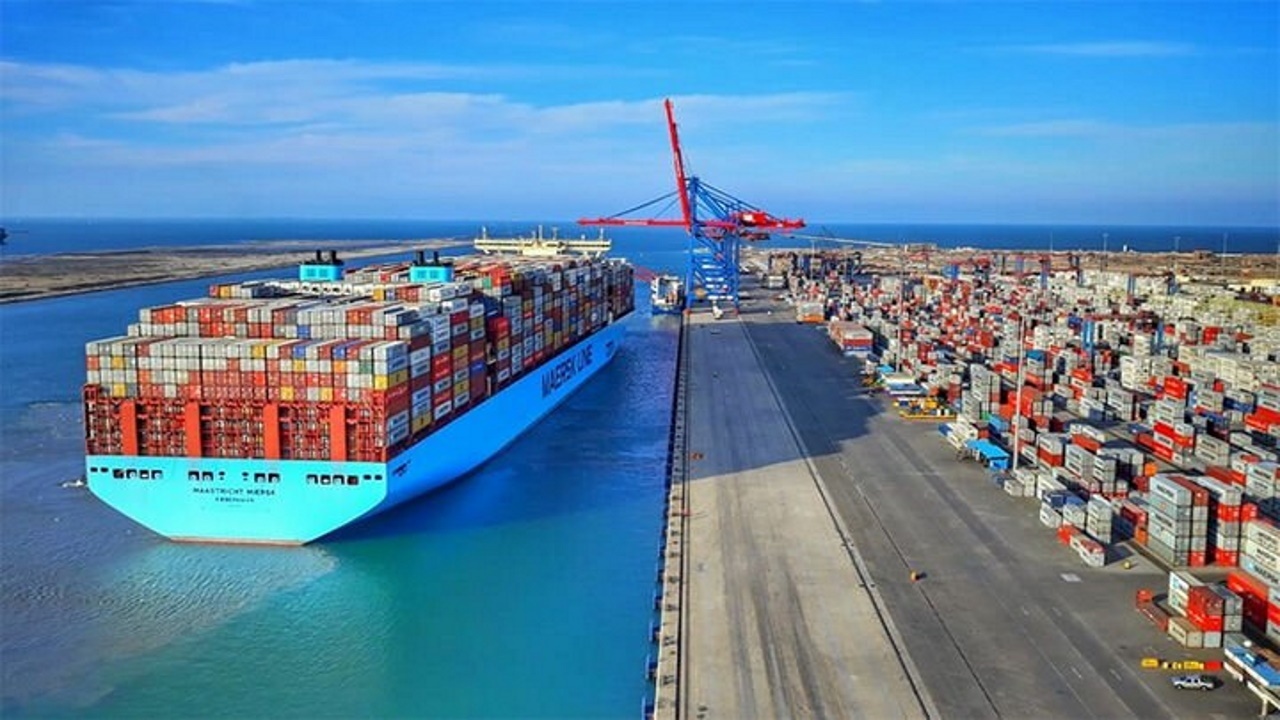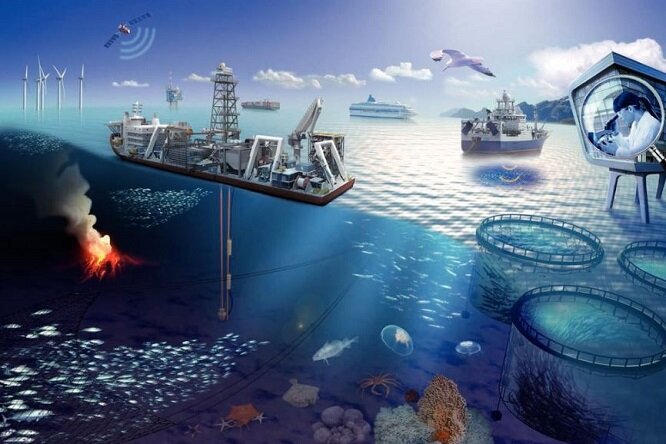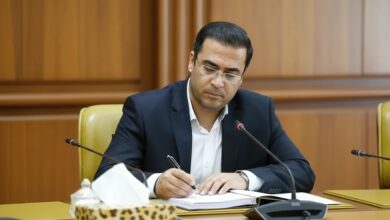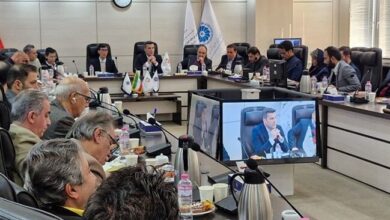
Kish Maritime Economy Conference: Drivers of Sustainable Economic Growth
The “Sea-Oriented Economy” conference, titled “Drivers of Sustainable Economic Growth with Emphasis on the Private Sector,” will take place on November 16, 2024, on Kish Island. The event will feature officials, industry leaders, and stakeholders from the maritime sector.

Hamid Azarmand, Secretary of the Sea-Oriented Economy Conference, stated during a press conference that the primary goal of this event is to foster greater collaboration among investors from major industrial companies, economic holdings, and financial institutions.
According to Rooykard-e-Kish News Network, He emphasized the importance of creating more cooperative opportunities across various maritime-related economic fields.
“This conference aims to highlight the untapped potential of the sea-based economy,” he added, noting that it could significantly drive economic growth in the coming decades. Azarmand pointed out that alongside the main event, specialized meetings and joint working groups will be organized to facilitate numerous commercial and financial interactions.
Participation from chambers of commerce, trade unions, and economic enterprises is expected. He further stressed that the conference aims to identify and leverage the vast economic capacities available along coastlines, offshore areas, and open waters.
This initiative is intended to enhance interactions among investors and large industrial companies. He also remarked on the need to focus on the extensive opportunities within the sea-based economy to boost investment, stimulate economic growth, and increase national prosperity.
Various aspects of potential capacities, global experiences, obstacles, and challenges will be discussed with private sector stakeholders. Azarmand outlined that the conference will consist of three main components.
The first part will feature four keynote speeches during the opening ceremony by officials and senior executives, followed by six specialized panels that include 29 presentations by prominent CEOs and entrepreneurs, as well as scientific articles prepared by leading professors and experts.
The second part will consist of four dedicated B2B meetings focusing on exporting technical and engineering services, attracting foreign investment, enhancing financing capabilities, and developing water and energy infrastructure.
The third segment will include a side exhibition showcasing the capacities and capabilities of participating companies.
Emphasizing the conference’s comprehensive agenda, Azarmand highlighted several key themes related to the sea-oriented economy.
These include the development of new coastal cities, shipbuilding and related industries, offshore finance, foreign investment, transfer of water-bearing industries, digital economy, health economy, mining industry, water and energy resources, tourism, agriculture, fisheries, and more.
Ali Firoozi, a member of the Policy Council for the Sea-Oriented Economy Conference, also commented on the need for a detailed understanding of the Makran region.
“For years we have discussed Makran without fully grasping its features and needs,” he said. Firoozi suggested that if we were to summarize Iran’s challenges, we could identify 500 primary areas with growth potential.
These could then be narrowed down to 100 areas, then 10 priority areas, and ultimately five. “The sea-oriented economy is certainly one of those five critical areas,” he stated. “The significance of the sea-based economy is clear and underscores its potential.
Therefore, it is essential that national efforts focus on our 5,800 km coastline.” This member of the Policy Council for the Sea-Oriented Economy Conference continued: “In this field, we have opportunities in mining, agriculture, oil, gas, fisheries, aquaculture, the cultivation of various marine plants, and water-related industries. There are countless other possibilities as well.
The diversity of topics within the sea-oriented economy is so vast that I believe there is no investment opportunity that wouldn’t attract interest once the necessary infrastructure is in place and the operational environment is established.”
He expressed hope that this conference would differ from previous ones. “We are not here for ‘conference therapy’; rather, we aim to view the facts through the eyes of industry stakeholders and clearly present investment opportunities to them.
Any investor who learns about a profitable venture will be eager to invest. Based on my experience in Hormozgan province, I can confidently say that the profitability of investing in maritime sectors is substantial enough to draw in investors.”



